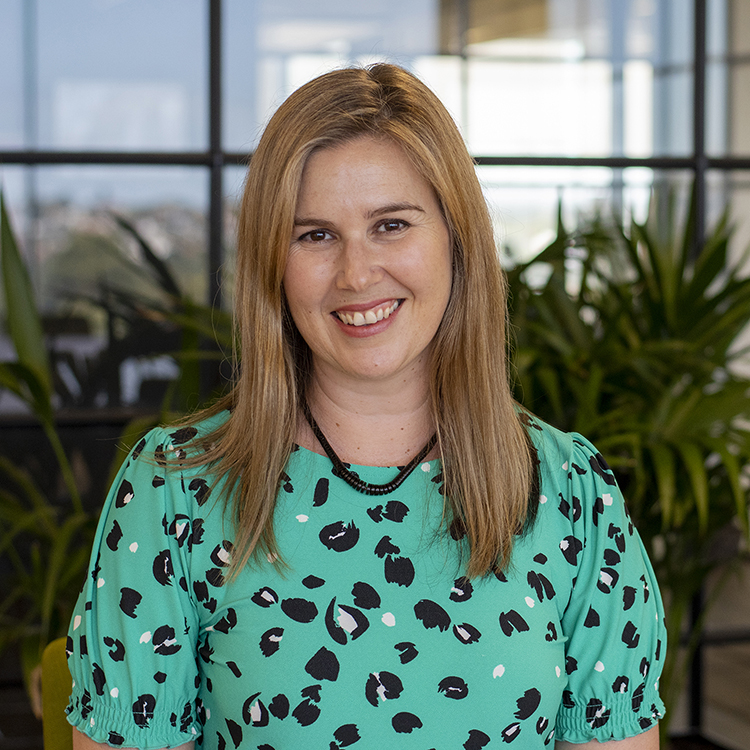The long bouts of lockdown during Covid-19 have given many of us a renewed appreciation of the value of green spaces and the health-giving benefits of time spent in nature.
Global Gardens of Peace: Living landscapes that heal

For Gary Chan and Andrew Laidlaw from Global Gardens of Peace, the potential for gardens to provide that sense of solace and respite to vulnerable communities is a key driver of the organisation’s work.
Established in 2013 by Australian humanitarian worker Moira Kelly AO, Global Gardens of Peace (GGOP) is an apolitical, non-religious non-profit that plans, designs and delivers living landscapes that support healing for communities, families and individuals from diverse cultures and backgrounds.
“There’s a growing body of research that demonstrates the importance of green space and nature and their ability to help with healing and trauma,” Chan says.
“We’re seeing a lot right now about immersion in outdoor environments and the benefits for mental health and wellbeing and that’s really what Global Gardens of Peace is about – providing that opportunity for healing to vulnerable communities through landscapes or natural play spaces for children.”
One of the organisation’s current major international projects is the development of a ‘Garden of Hope’ for children in the Gaza Strip.
“Gaza is a very intense place to grow up in as a child,” says GGOP board member, Andrew Laidlaw, who is also the landscape architect at Melbourne’s Royal Botanic Gardens.
“It’s virtually like growing up in a war zone where there is very little green space and very few play areas.”
Laidlaw helped design the proposed garden after visiting Gaza and getting to know the community, healthcare and agricultural providers and “asking the mums and dads for input” but the project has faced many challenges.
“We’re right on the edge now,” Laidlaw explains. “We’ve done the design work and got a little bit of funding, and we’re dealing with the logistical challenges that have been magnified now by Covid.”
“We work very closely with these communities to try and really understand what they want out of their space and that deep consultation ensures the community is embedded in the project.”
“We’re working out how we can get it built with our great partners which include the UN Development Program.
Closer to home, GGOP has delivered a number of smaller projects including two garden spaces at the Alfred Hospital Psychiatry Unit, a garden for Yooralla’s Ventilator Accommodation Support Service (VASS) in Thornbury and a collaboration with the Department of Health and Human Services and the Indigenous community in Shepparton for a garden at Colac hospital’s palliative care unit.
“It really is a consultative process,” Laidlaw says. “We work very closely with these communities to try and really understand what they want out of their space and that deep consultation ensures the community is embedded in the project.
“For instance, we ran a four-hour workshop with the VASS community, which has been living in an institutionalised environment with gardens that are made up of concrete paths and carparks.
“From those consultations we realised that it was going to be important to build a food forest with a warm glasshouse area that helps these very vulnerable individuals who are very sensitive to cold weather to be able to spend time comfortably outdoors. Having a pond with fish in it was something that was incredibly important to them.”
When it comes to making a great garden, Laidlaw says one of the keys is to create a space where people can be surrounded by green plants.
“Really it’s about wrapping people with plants,” he says. “For instance, in Gaza, we want people to be surrounded by greenery with a playground built into the garden. There will be play equipment surrounded by plants, lots of places to sit under the canopy of the plants and hear water running – all those elements are integral to wellbeing.
“When people are surrounded by nature there’s a beautiful realisation as they see insects and green life and all sort of things going on in the space, and that is what connects us to this complex world we live in.”
“It’s really pleasing that there’s a lot of the scientific research that backs that up now,” Laidlaw continues.
“Global Gardens is really front and centre and ready to go – particularly if we can grow our organisation so that we can reach even more vulnerable communities.”
Laying the groundwork for GGOP’s future growth was one of the reasons the organisation established a Future Fund with Australian Communities Foundation, Chan says.
“Aside from our collaborations and the projects themselves, capacity building becomes really important,” he explains.
“With a little extra support, we’ll be in a position to help more vulnerable communities locally and beyond.”
